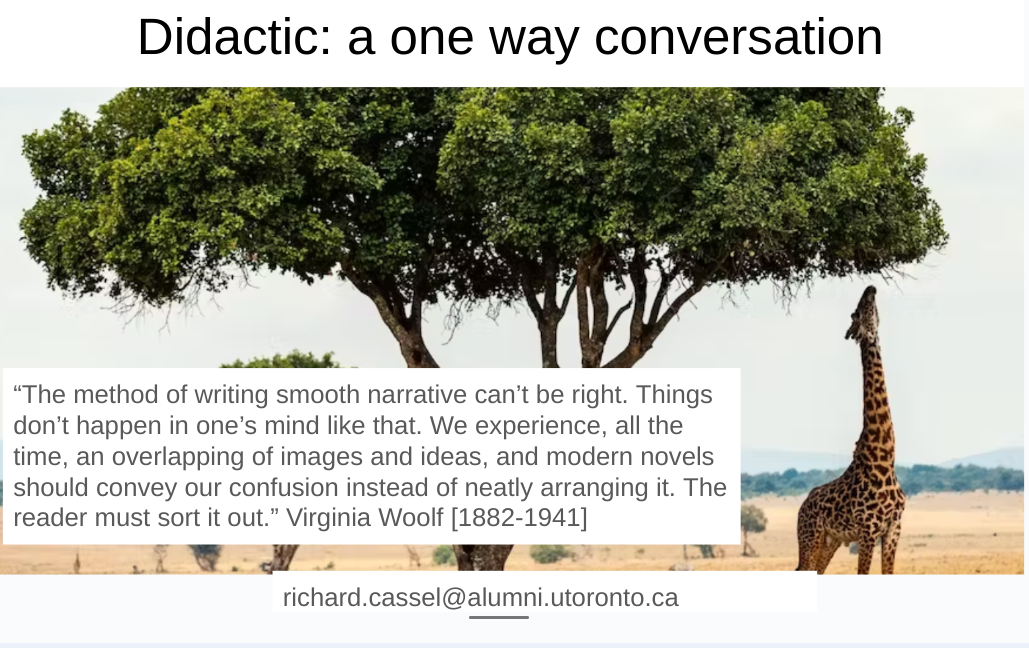 Jean Raoux [1677-1734], Dido and Aeneas [c.1730]
Jean Raoux [1677-1734], Dido and Aeneas [c.1730]...opens in medias res, dropping the reader right into the heart of the story. A small band of Trojans, led by a young prince from the fallen city, is wandering around the Mediterranean in search of a place to resettle and eke out an existence that might, in some small part, mirror the greatness that was once Troy. In Book I, "The Trojans Reach Carthage," Virgil sets the tone for the entire work. The travel weary Aeneas is introduced to the Carthaginian queen, Dido, and their tragic love relationship is set in place. Book I does much to establish the key principle that readers in both Roman and Medieval times found so important: the virtue of emotional balance and control over rampant, passionate emotions. Virgil's epic is really a story about how to maintain one's emotional balance. It presents a distrustful view of anything that is not completely level headed.
The Aeneid is a story of suffering and hardship but not a tragedy. The hero must fight an inward battle to overcome his own instincts and emotions in order to achieve his goal.
Suddenly, what we see in The Aeneid is the realization that humankind exists to struggle both with nature and with its own nature; the inner battle can be won only if the hero is as strong and smart inwardly as he is outwardly.There are many temptations that Aeneas must resist, the most significant among these being the Carthaginian queen, Dido, who offers him an easy life but not the life that is prophesied for him. When Dido offers Aeneas and his band a refuge because of her "fierce love" for him, he declines, because his destiny, what the gods have promised, dictates that he must move forward to the new Troy. He can get there only if he blinkers himself to all other options.
Book IV, which tells the story of the love affair between the widowed Aeneas and Dido, ends tragically when, as Aeneas sails away with his followers to pursue his destiny in Italy, she commits suicide atop the harbor tower. The suggestion is that Dido is foolish when she gives all for love "in the mad heat of a sudden passion," and that she lets her emotions get the better of her. Love, in the Virgilian world, is based on devotion and understanding, not on hormones and pheromones. In reaction to her death, Aeneas seems cold, almost cardboard, in his insensitivity, yet Virgil suggests that personal love is a minor consideration in the grand scheme of things. Love for one's country and for the destiny that rests upon the shoulders of an individual are far more important.
